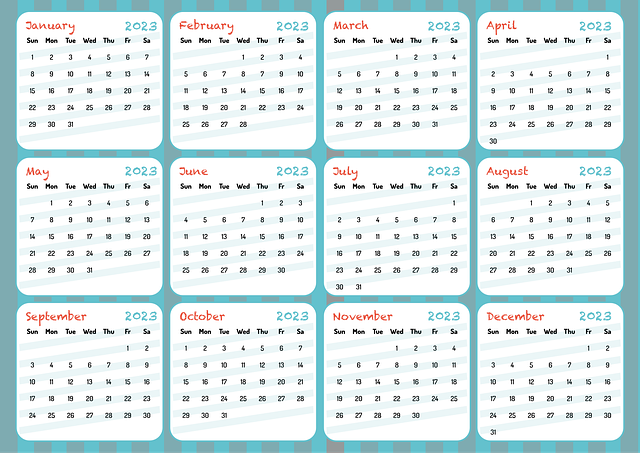TL;DR:
Event Planning for Local Businesses strategically aligns corporate events with core departments like marketing, sales, and customer service to support internal objectives and enhance brand perception. Key functions include AGMs, product launches, team-building, and client appreciation, aiming to boost employee engagement, stakeholder relationships, and business growth. Meticulous planning ensures successful outcomes, memorable experiences, and increased brand visibility.
In today’s competitive landscape, efficient corporate event planning is crucial for local businesses aiming to thrive. From annual meetings to client appreciation events, each function requires strategic coordination. This article guides you through identifying key corporate functions, implementing effective event planning strategies, and cultivating a culture of successful execution. Discover how detailed timelines, technology tools, and consistent best practices can ensure your events run smoothly, fostering a positive environment for local business growth.
- Identifying Key Corporate Functions for Event Planning
- – Understanding the core events that require planning and coordination
- – Examples of common corporate functions: annual meetings, product launches, team-building workshops, client appreciation evenings
Identifying Key Corporate Functions for Event Planning

In the realm of event planning, a sharp focus on key corporate functions is paramount for local businesses aiming to orchestrate smooth operations. The first step involves an in-depth assessment of the organization’s core activities and their interdependencies. By identifying these functions—be it marketing, sales, customer service, or operational management—event planners can tailor strategies that align with the company’s overall objectives. For instance, a local tech startup might prioritize event planning around product launches and industry conferences to create buzz and attract investors.
For effective event planning, understanding the unique needs of each function is crucial. Marketing teams may seek events that enhance brand visibility and customer engagement, while sales departments often look for platforms to demonstrate products and secure new clients. By catering to these specific requirements, planners ensure that corporate events not only facilitate internal goals but also leave a lasting impression on external stakeholders, thereby boosting the company’s reputation in the local business scene.
– Understanding the core events that require planning and coordination

In the realm of Corporate functions, Event Planning for Local Businesses stands as a cornerstone of successful operations. The core events that demand meticulous planning and coordination include annual general meetings (AGMs), product launches, team-building retreats, and holiday celebrations. These events are pivotal for fostering employee engagement, strengthening business relationships, and showcasing company culture to stakeholders. For instance, an AGM involves structured agenda items like financial updates, board elections, and policy discussions, requiring seamless logistics and effective communication strategies.
Effective event planning ensures these gatherings run smoothly, from venue selection that accommodates the expected attendee count to catering options tailored to diverse dietary needs. Moreover, it encompasses creative branding elements, engaging entertainment, and interactive sessions designed to keep participants invested throughout the event. Local businesses, by prioritizing Event Planning, can enhance their reputation, build a more cohesive work environment, and create lasting memories for clients and partners alike.
– Examples of common corporate functions: annual meetings, product launches, team-building workshops, client appreciation evenings

Corporate functions are integral parts of any successful business, providing opportunities for collaboration, innovation, and community building. Examples of common corporate functions include annual meetings, where stakeholders gather to review past performance, set goals, and make strategic decisions. Product launches are another critical event, serving as a platform to showcase new offerings, engage with industry influencers, and build anticipation among customers.
Team-building workshops and client appreciation evenings also fall under this category, fostering relationships both within the organization and with external partners. Event planning for local businesses plays a pivotal role in ensuring these functions are not just conducted but celebrated. Through strategic planning and thoughtful execution, these events can enhance brand visibility, strengthen customer loyalty, and ultimately drive business growth.
Effective event planning is pivotal for local businesses aiming to enhance their corporate functions. By identifying key events such as annual meetings, product launches, team-building workshops, and client appreciation evenings, businesses can ensure smooth operations and foster positive relationships with stakeholders. Event planning not only streamlines these functions but also creates memorable experiences that contribute to the overall success and growth of the organization. For local businesses looking to optimize their strategies, understanding and implementing robust event planning practices are essential steps towards achieving corporate excellence.
